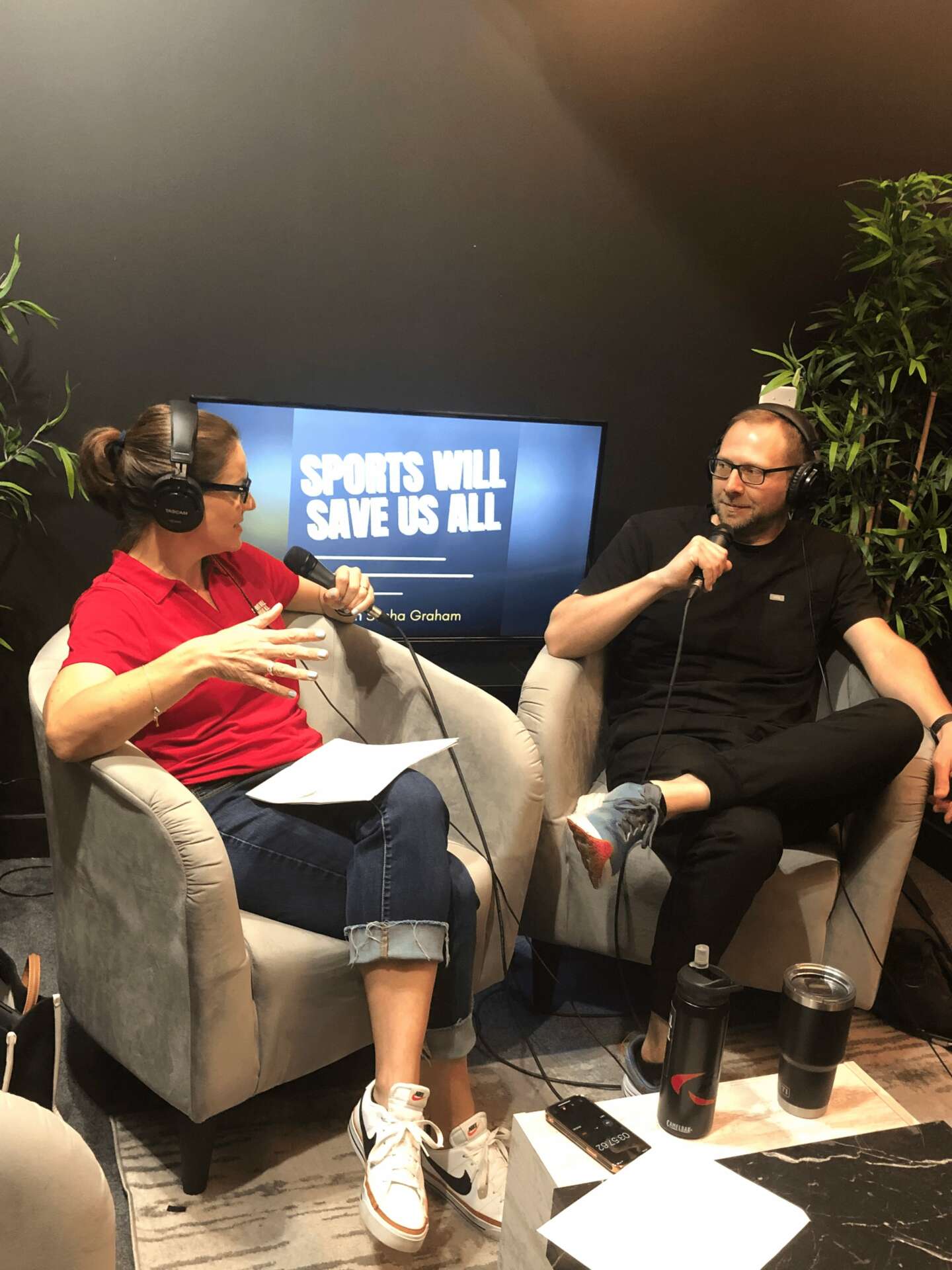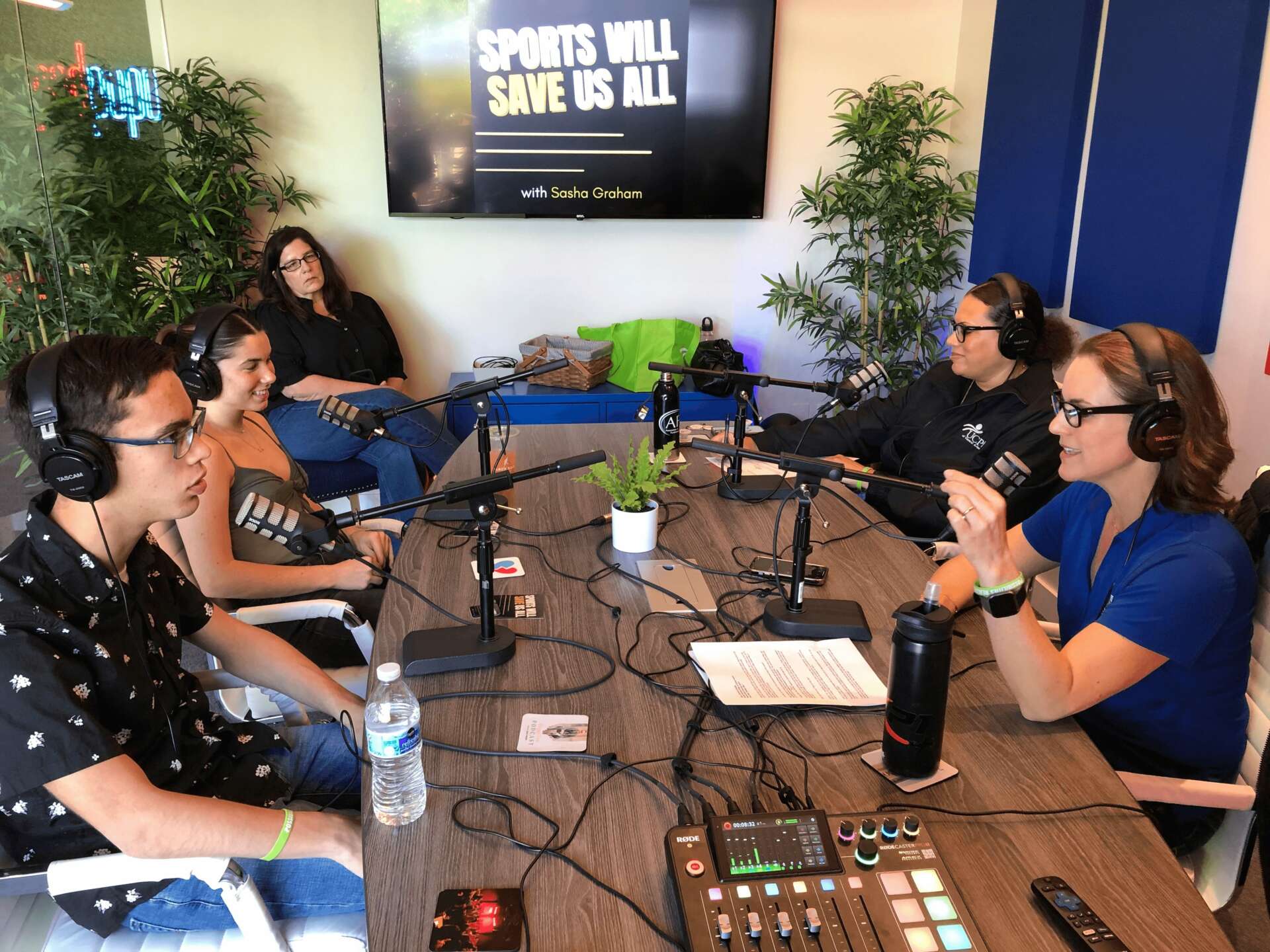We caught up with the brilliant and insightful Sasha Graham a few weeks ago and have shared our conversation below.
Sasha, appreciate you joining us today. Can you take us back in time to the first dollar you earned as a creative – how did it happen? What’s the story?
As the podcast market has been more and more saturated, the ability to make it financially as a podcaster has become increasingly difficult. Gone are the days when advertisers would flock to every available podcast searching for ears for their ads, with hundreds of thousands of new podcasts launched each year, advertisers have become increasingly choosy about where to put their ad dollars.
My own journey into advertising happened completely by accident. About a year into podcasting I had a booked a friend of mine on the show, a former player for the Kansas City Chiefs. The morning of his interview he got caught up at work and completely forget about coming down to the studio. He felt so terrible when he realized he had missed the interview that he wanted to pay for my studio time. He is a business owner so instead I offered him a pre and post roll ad read on the show, he agreed and I sold my very first ad!
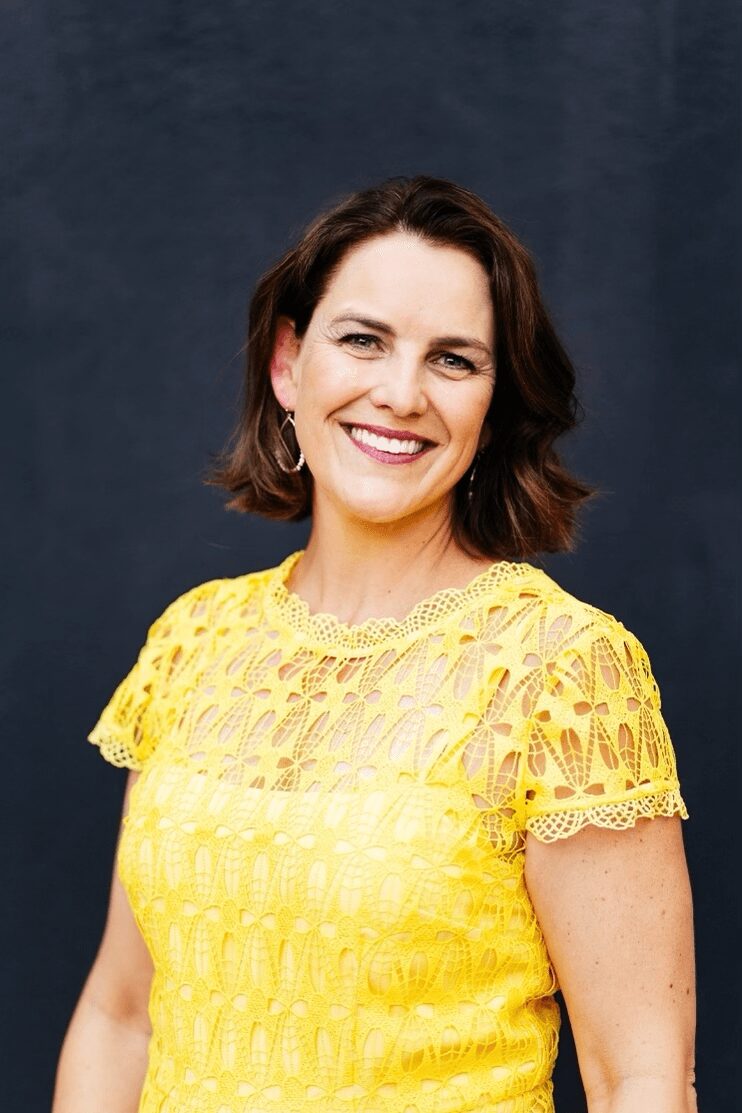
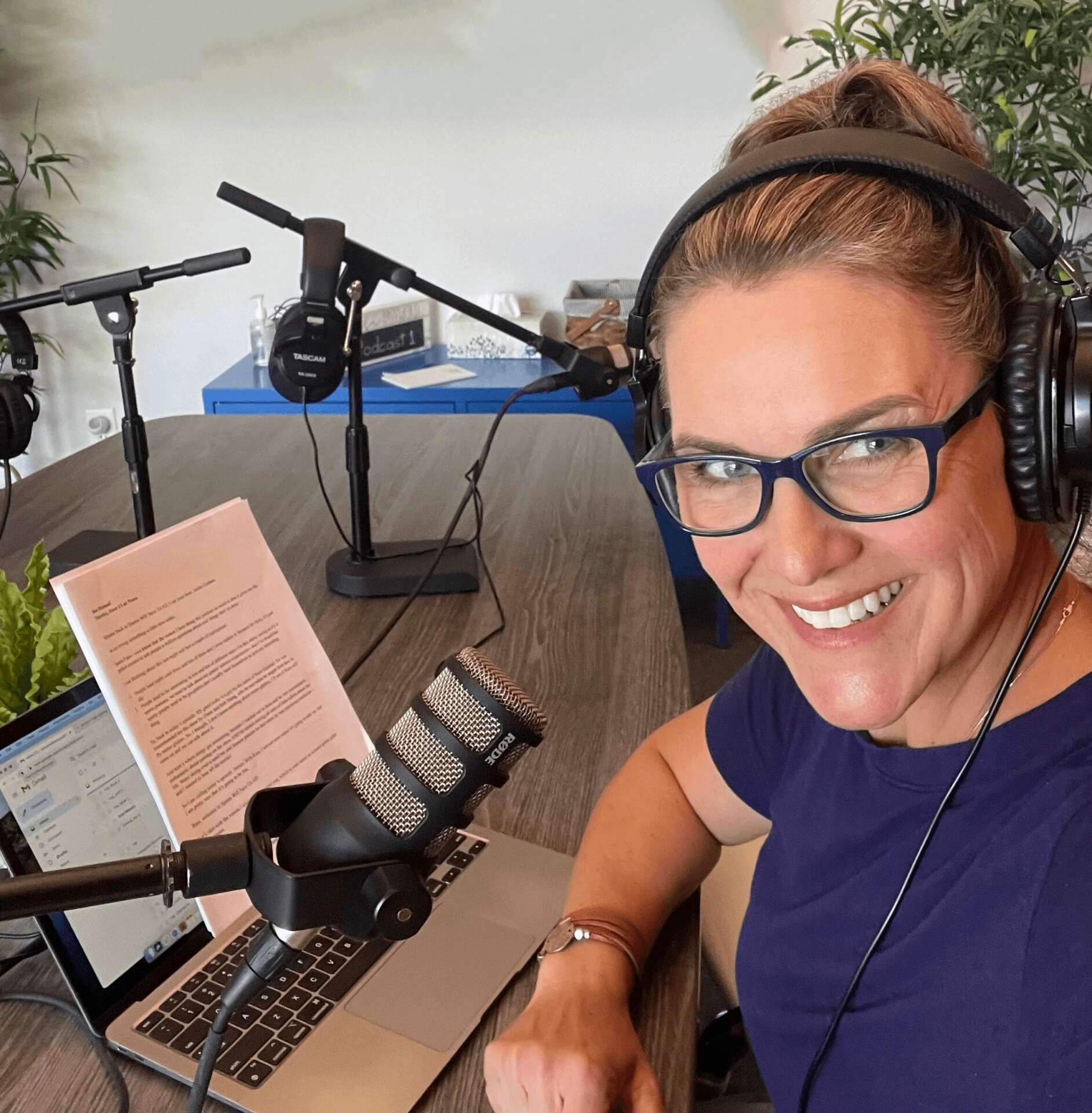
Great, appreciate you sharing that with us. Before we ask you to share more of your insights, can you take a moment to introduce yourself and how you got to where you are today to our readers.
I am the creator and host of a weekly podcast called Sports Will Save Us All. I launched the show in November 2022 and it now ranks in the top 10% of all podcasts globally. Sports Will Save Us All was recently inducted into the Positive Change Podcast Awards Hall of Fame and is a finalist for an International Women’s Podcast Award in the category of “Moment of Visionary Leadership” (winners to be announced at their London event on June 19, 2024).
I like to call Sports Will Save Us All a Sports Podcast for the NPR crowd because every week I do a pretty in-depth interview with someone who has an interesting sports story. My guest may be an athlete, coach, fan, filmmaker, or reporter. I once even interviewed the mom of a 16-year-old who had just been signed by a Major League Soccer team. While many of the people I talk with are incredibly accomplished athletes, the more important element of any guest is that they have an interesting story to tell. Like the former NBA Champion who used to get chased home after school by neighborhood bullies, the female sports reporter who had a jock strap thrown at her in an MLB clubhouse, the filmmaker who dove head-first into Lakota culture to capture the story of Native basketball star, SuAnne Big Crow. The challenge, and the fun, is doing enough research that I am able to encourage guests to share stories that they may have never shared in an interview before.
My road to podcasting was a little circuitous. I majored in Broadcast Communication at University of San Francisco and briefly used my degree as a television writer and segment producer. San Francisco rents being what they are, I was simultaneously working in movie publicity and soon found myself relocating to Los Angeles to work for Walt Disney Studios in their Film Publicity department. It was a career I loved but one that was not necessarily conducive to raising a family, so I soon transitioned to writing children’s books. During the publicity tour for my second book, WHITNEY WINS EVERYTHING, my publicist booked me on several sports podcasts and the conversations I had with those podcast hosts were incredibly fun and engaging. When it came time to decide what was next I decided to give sports podcasting a try.
I am incredibly proud of the positive feedback I’ve gotten from my guests after they’ve come on the show. I have recorded nearly 100 episodes and unless there are weird, extenuating circumstances I no longer have any nerves when it comes to podcasting so it is easy to forget that the person sitting across from me may be doing this for the first time and might be feeling completely overwhelmed and scattered. When someone is generous enough to come on the show and share their story, I really want them to have a good experience before, during, and after their interview. I really admire Terry Gross, host of Fresh Air, and her ability to ask difficult questions in a way that is thoughtful and respectful and I always aim to do the same.
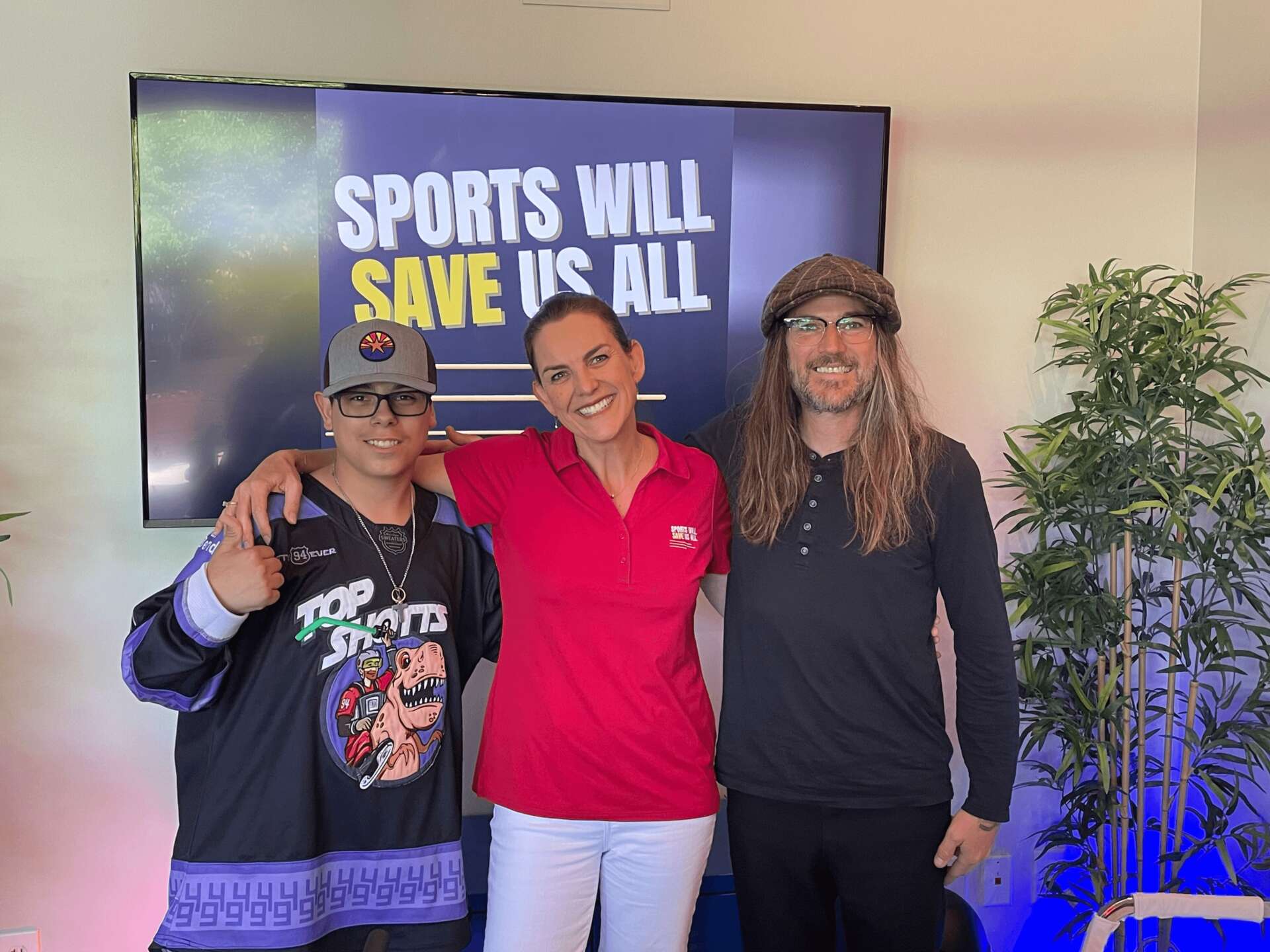
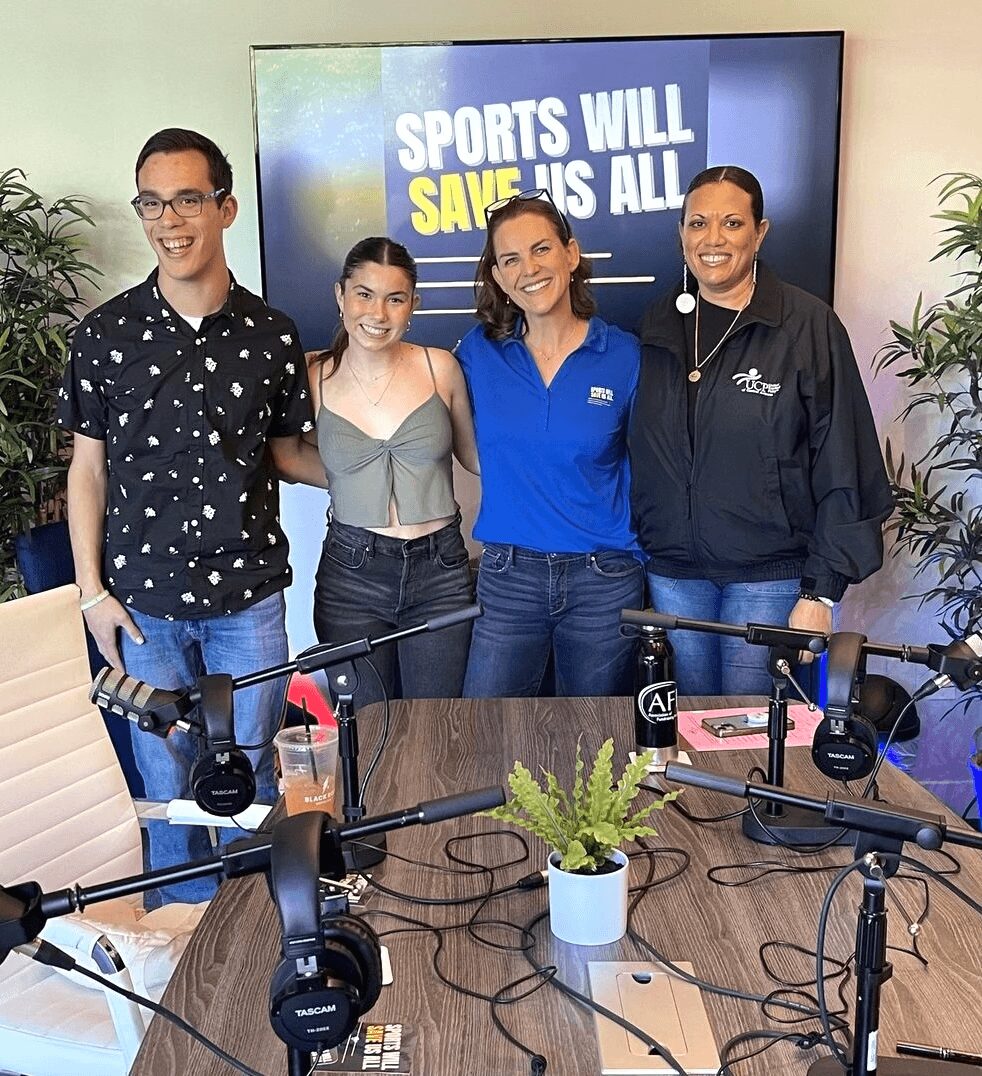
Is there a particular goal or mission driving your creative journey?
Let me begin by saying that I have never loved a job as much as I love podcasting. The process of discovering potential guests and diving into their stories is a process that is incredibly fulfilling for me.
My goal with every interview is to help my guest tell their story in a natural and compelling way that allows my audience to connect with them. By far the most effective way to facilitate this is by doing plenty of research in advance and then really listening to what my guest is saying during the interview. After that, flexibility is key. I always have a pretty defined road map prior to any interview, but some of my best shows have been when the conversation takes a turn into an area that I wasn’t expecting. It is easy to lose focus and start thinking about my next question instead of concentrating on the actual conversation, but it is within the natural back and forth of conversation that podcast magic happens.
I have set a series of ongoing short, medium and long term goals when it comes to podcasting including putting out a quality show every single week and eventually building the show into my full-time job. The average lifespan of a podcast is 6 months and only 20% survive past the one-year mark so I am pleased that Sports Will Save Us All is already beating the odds!
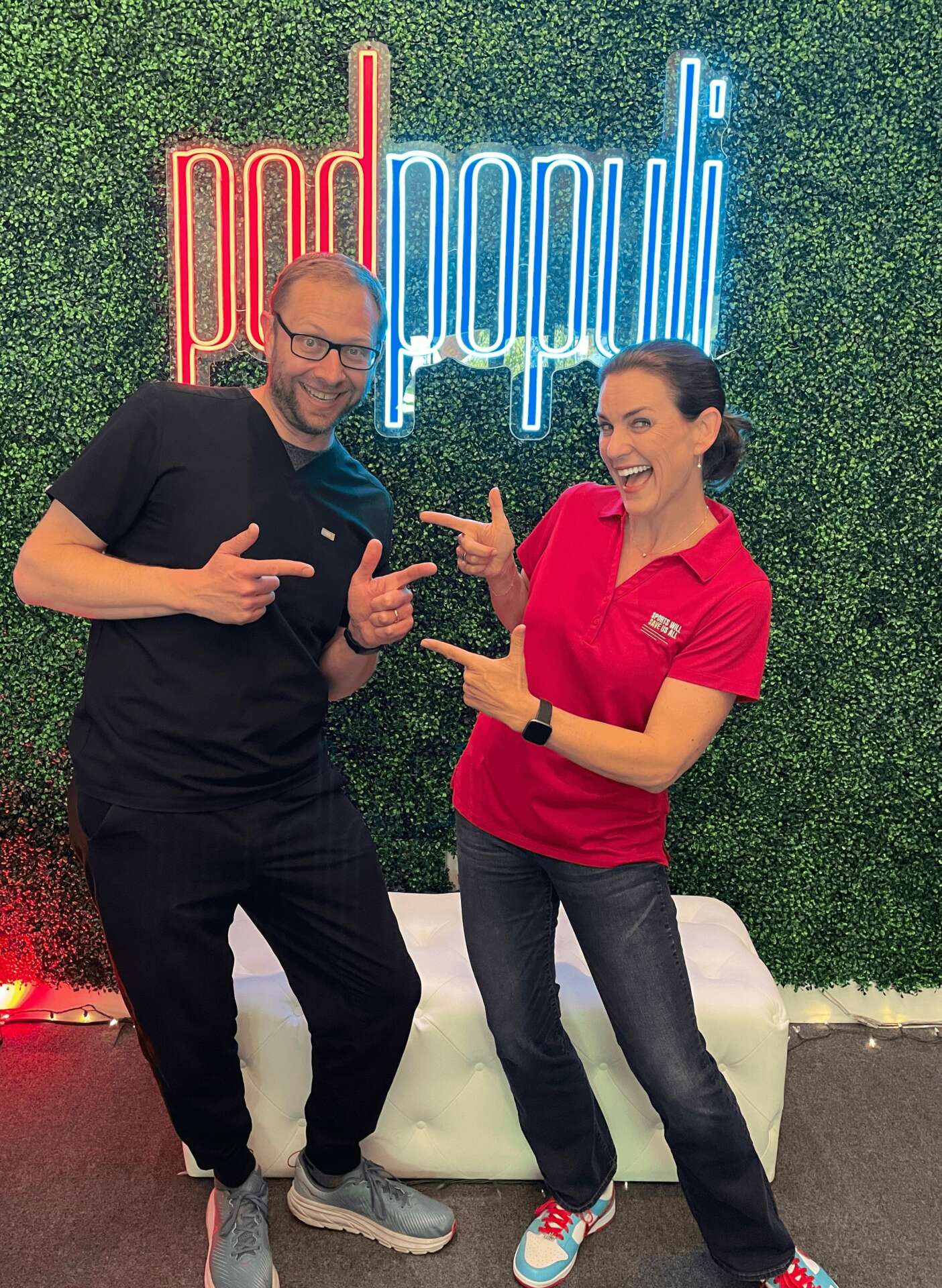
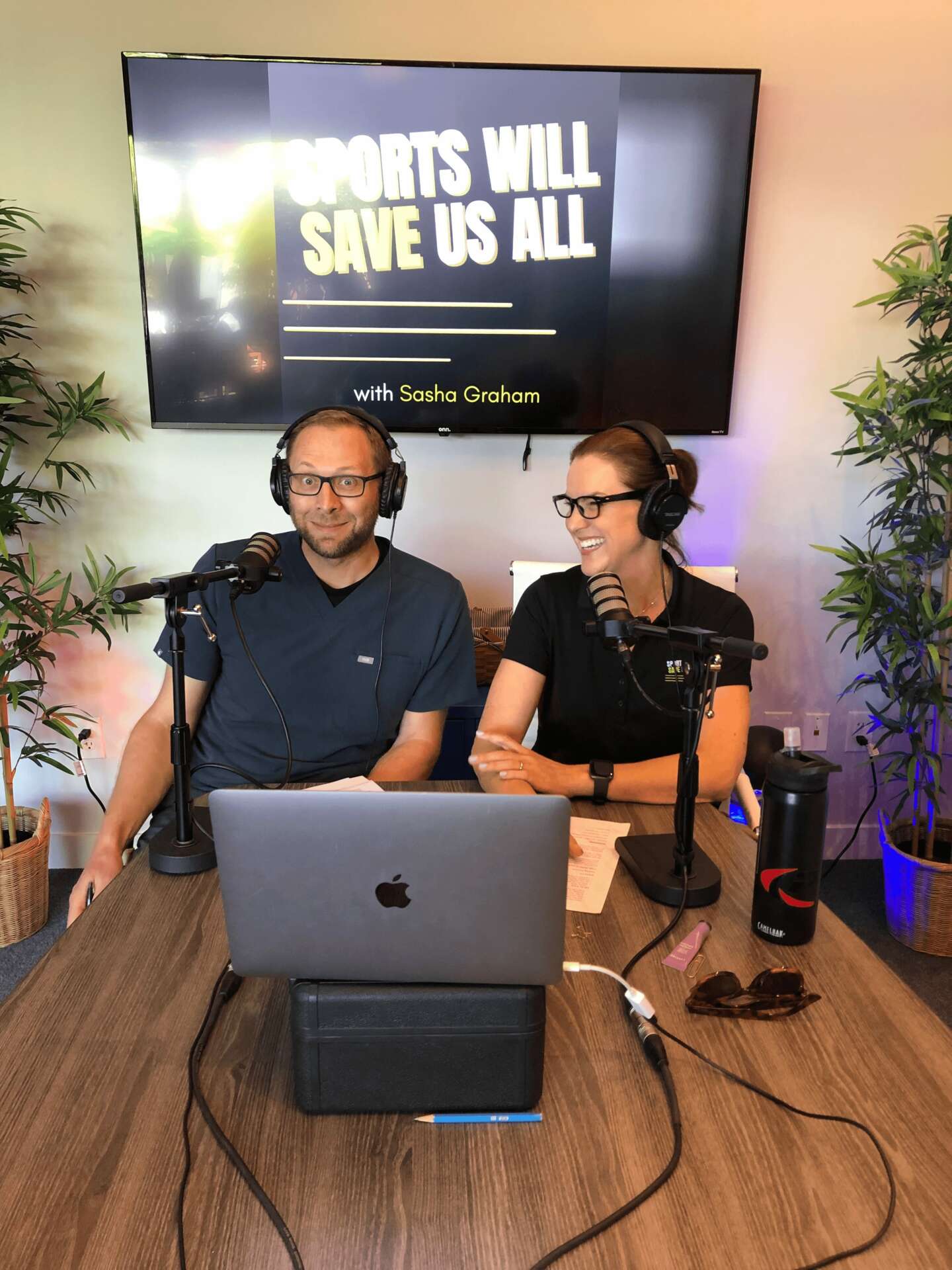
We often hear about learning lessons – but just as important is unlearning lessons. Have you ever had to unlearn a lesson?
In addition to writing and production, I have a background in publicity and marketing, including as a Vice President of National Publicity for Walt Disney Studios, so my tendency is to ask what people want and then figure out a way to give it to them. With podcasting, I’ve discovered that the very best approach is to stay true to the show that I want to make. If I find a guest or a particular angle for a show really interesting I have to trust my instincts and trust that my audience will find it as interesting as I do. It is easy to get caught up in chasing the latest trend or style, but the show is much better (and quite frankly, easier) when I lean in to who I actually am and what I find intriguing.
Contact Info:
- Website: https://www.SportsWillSaveUsAll.com
- Instagram: https://www.instagram.com/sportswillsaveusall/
- Facebook: https://www.facebook.com/SportsWillSaveUsAll/
- Linkedin: https://www.linkedin.com/in/sasha-graham-31272878/
- Youtube: @sportswillsaveusall
